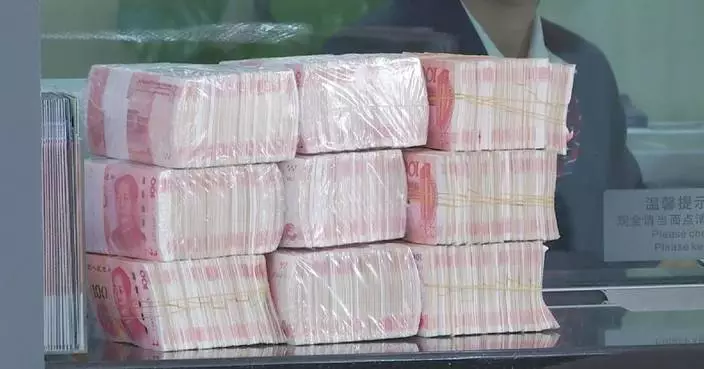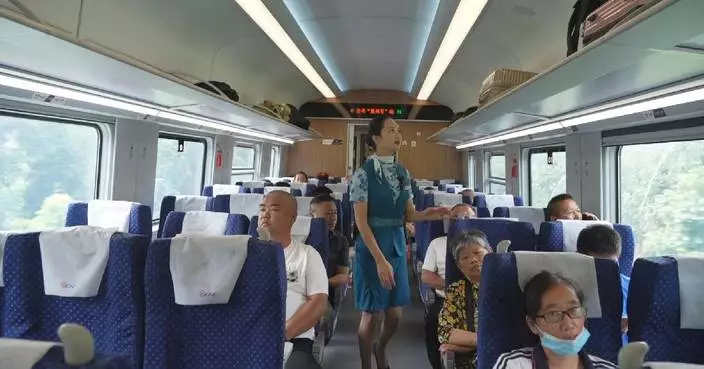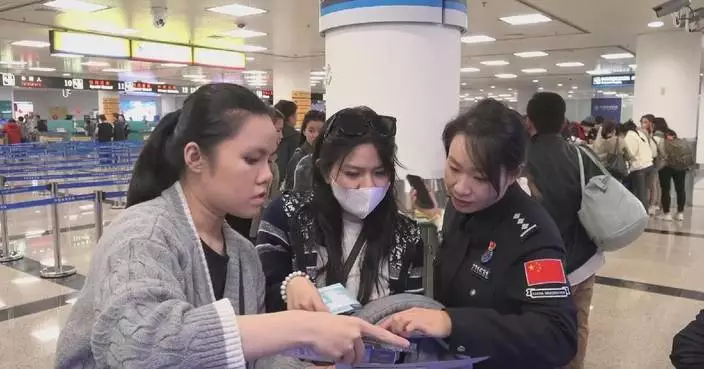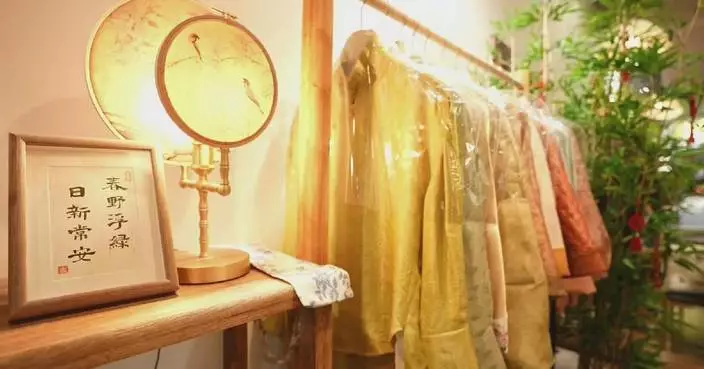Shanghai has become a popular destination for South Korean tourists enjoying their days off, especially at weekends.
Since China began to implement trial visa exemption to ordinary passport holders from South Korea for short-term business, tourism, family visits, and transit on Nov 8, 2024, major hotspots in Shanghai have been filled with South Korean visitors every weekend.
For South Korean visitors to Shanghai, the former site of the Provisional Government of the Republic of Korea on the Madang Road is a must "check-in" spot. The nearby trendy shopping area of Xintiandi is also high on their itinerary.
Other iconic attractions such as the Bund, traditional Chinese garden Yuyuan, and century-old Wukang Mansion designed by the renowned Hungarian-Slovak architect László Hudec (1893–1958) which has been the residence of many celebrities, are also top spots among South Korean visitors.
Many of them appreciate the blend of traditional Chinese charm and European-style appeal in Shanghai.
"(It's) very clean, magnificent, and charming. (The Oriental Pearl), it's something you cannot see in South Korea. It's so spectacular," said a South Korean tourist.
Youngsters from South Korea have developed new ways to enjoy themselves in Shanghai, such as attired in traditional Chinese Hanfu costumes to have a photo taken at a studio at Yuyuan Garden.
A newlywed couple was spotted having wedding photos taken in front of the Wukang Mansion. China's visa-free transit extended from previous 72 and 144 hours to 240 hours has inspired them to capture their romance in Shanghai.
"It feels good to have our wedding photos taken here and so we made it. The landscape here is more exotic as compared with Seoul, and it's really nice," said the bridegroom.
Tourism data show that since China implemented the unilateral visa-free policy for South Korea, Shanghai has been the hottest destination for inbound tourists from the country, with booking orders increased by more than 180 percent year on year, or by 40 percent month on month, followed by Qingdao and Beijing.
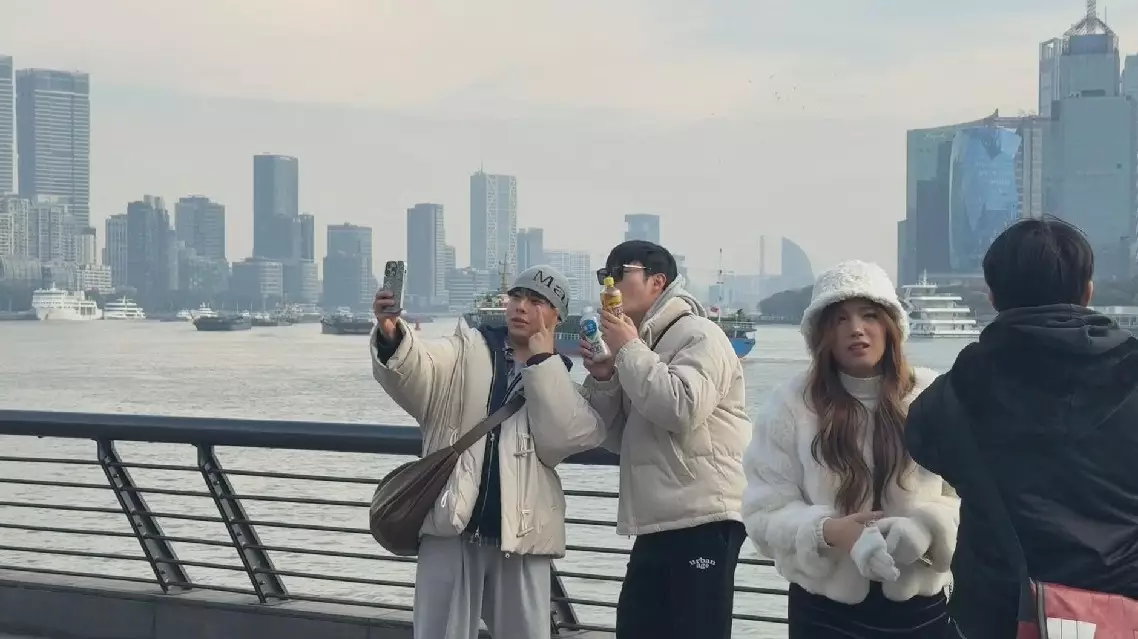
South Korean tourists flock to Shanghai for weekend
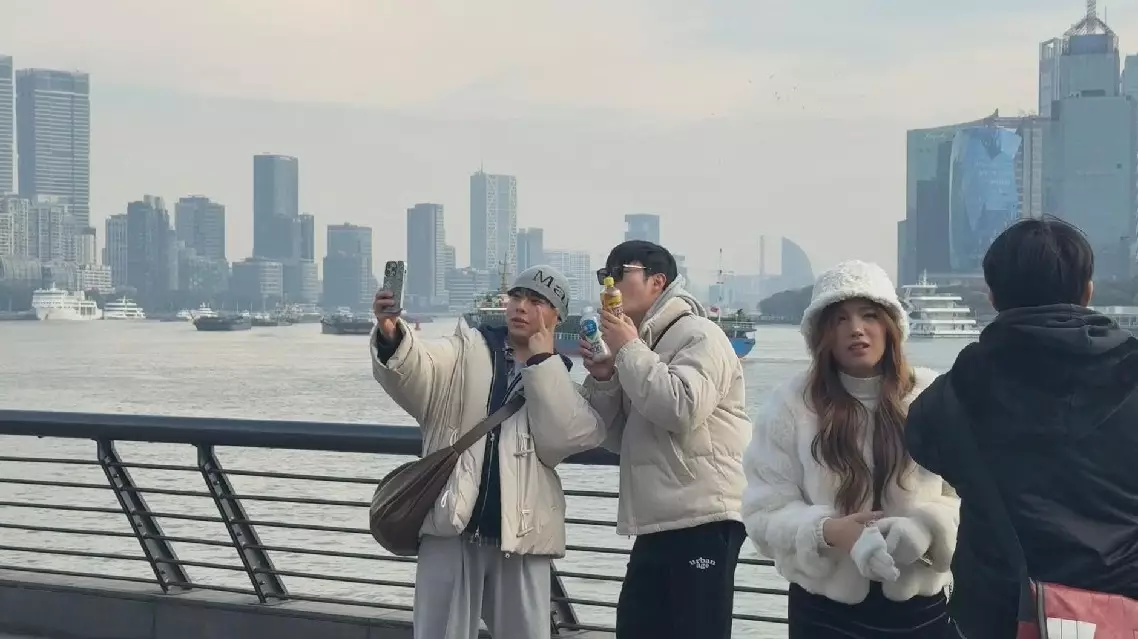
South Korean tourists flock to Shanghai for weekend
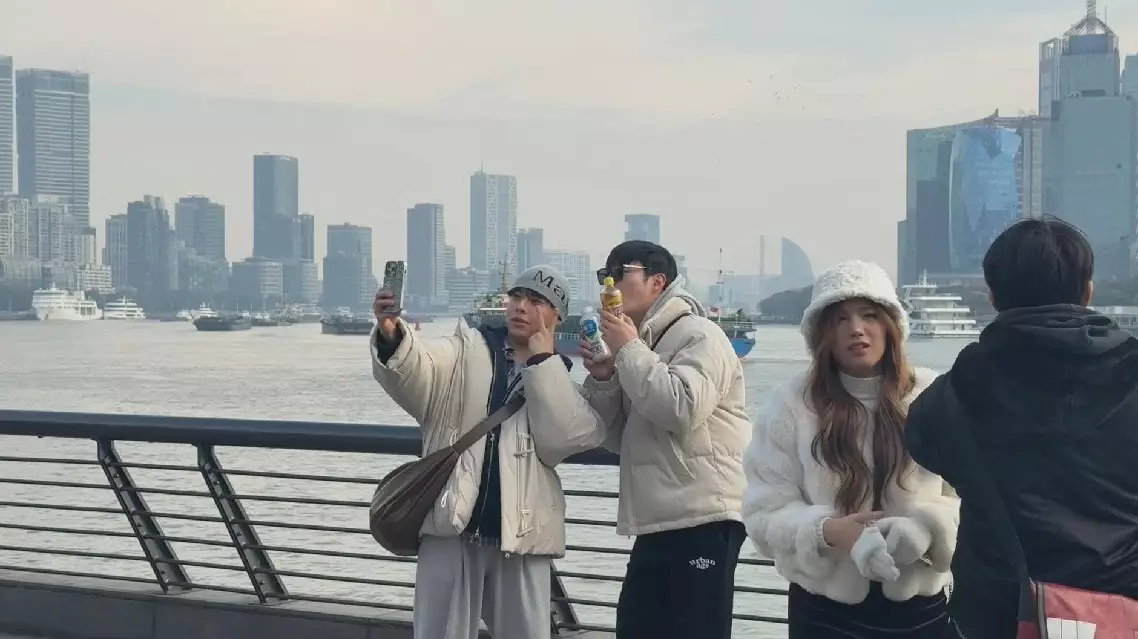
South Korean tourists flock to Shanghai for weekend
China's economic stimulus policies are gradually producing promising results in their targeted areas from the housing market to local government debt and consumer spending.
In terms of the real estate sector, policy measures include easing or removing purchase restrictions in certain cities, as well as lowering mortgage rates and down payment requirements.
Officials say the housing market has shown positive signs in recent months, with increased home viewings and rising sales volume in many cities.
In November, Suzhou City, east China's Jiangsu Province, saw over 10,000 new homes being sold, a 17.5 percent increase compared to last year, and a 27.6 percent jump compared to the previous month.
"The market is obviously on an upward trajectory, with the transition volume growing and prices stabilizing and rising. As the market confidence bounces back, both sales and prices are expected to climb further," said Tang Wei, vice president of Suzhou Real Estate Brokerage Association.
Chinese officials said that in October and November, the area of newly built commercial housing covered by purchasing contracts already signed nationwide saw year-on-year and month-on-month growth for two consecutive months.
For years, land sales have been a major source of revenue for many local governments in China. But the real estate market's struggles have weighed on land sales, putting pressure on some local governments to manage their debts.
The challenge with local debt is that it often carries high interest rates and lacks transparency, which poses extra risks if not carefully managed.
In November, China announced a 10 trillion yuan (around 1.4 U.S. dollar trillion) debt package to ease local government financing strains.
It allows local governments to borrow more over the next three years to restructure their hidden debts. They can also use 4 trillion yuan (548.2 billion U.S. dollars) from previously approved funds over the next five years for the same purpose.
Officials say they believe this will help local governments resolve debt issues and free up resources for areas that impact people's lives, such as boosting consumption.
From home appliances and consumer electronics to cars, local governments across China are offering financial incentives to encourage consumers to trade in old goods for discounts on new ones.
By replacing an old vehicle, consumers could receive a subsidy of up to 2,100 U.S. dollars for a petrol car or 2,800 U.S. dollars for an electric one. This year, nationwide vehicle trade-ins surpassed 5 million cars.
Similar subsidies are also available for home appliances, boosting sales in shopping malls across China. Data from the Ministry of Commerce shows that since the policy's entry into effect, consumers have purchased nearly 50 million units across eight categories of household appliances.
"In addition to government subsidies, major home appliance companies are offering their own discounts in response to the call of the authorities, which helps enhance their brand value," said a consumer surnamed Chen.
From housing and debt to consumption, China's government is using targeted stimulus policies to tackle economic challenges.
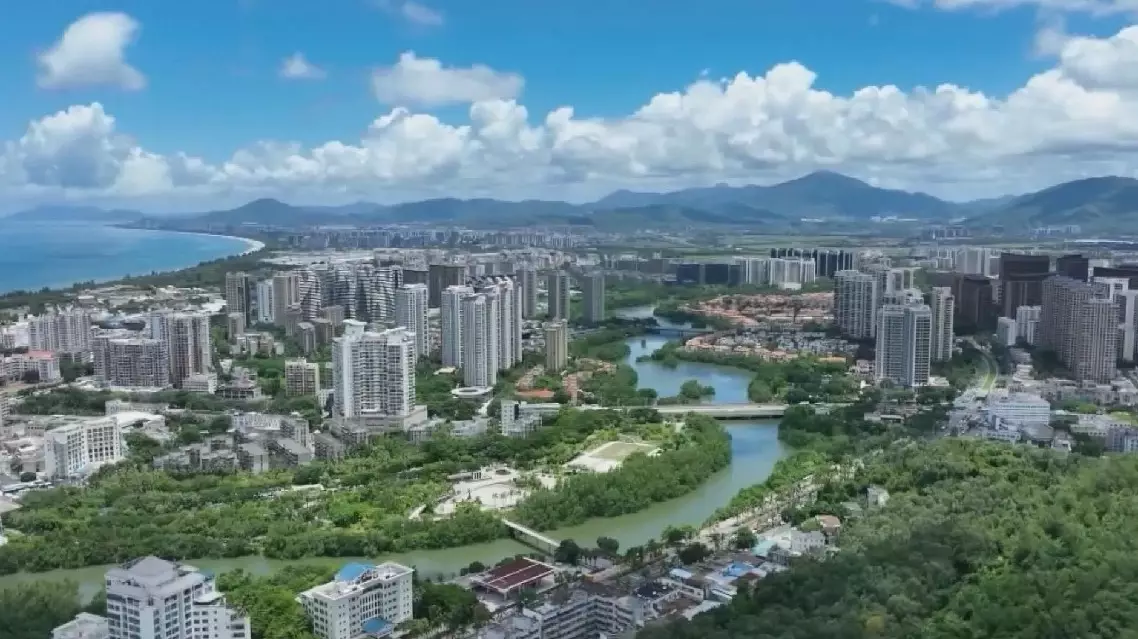
Economic stimulus policies yielding promising results






